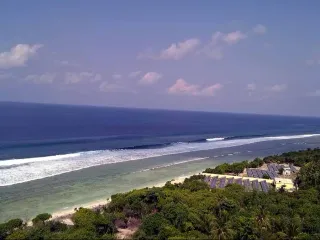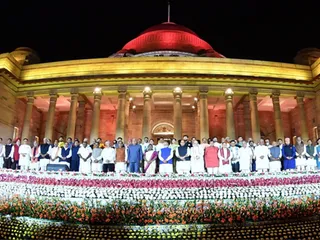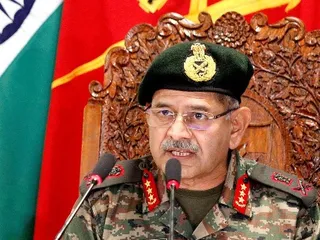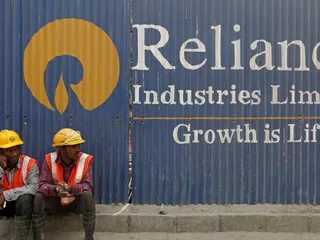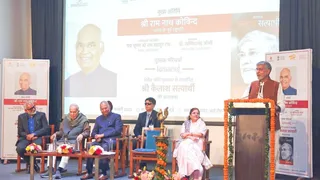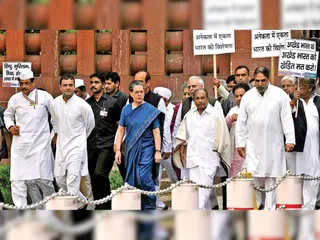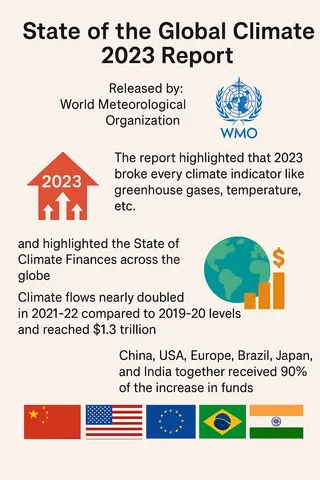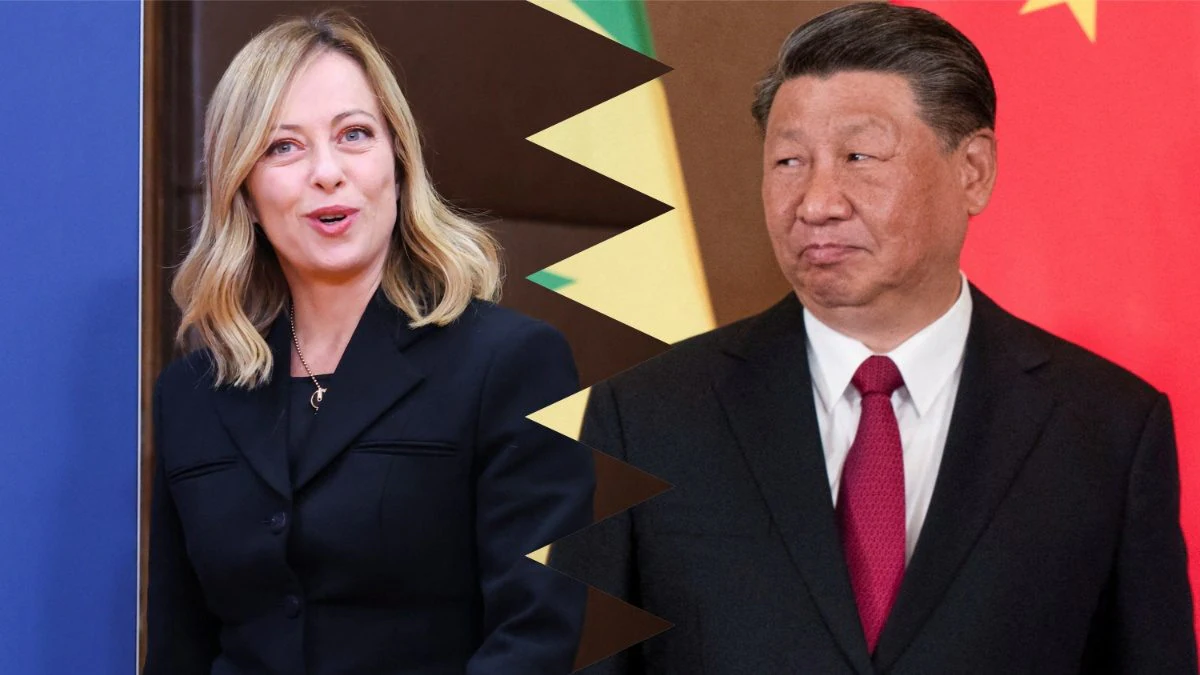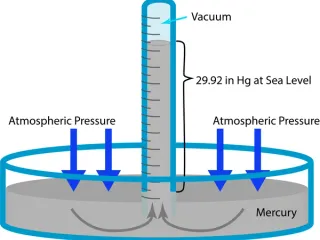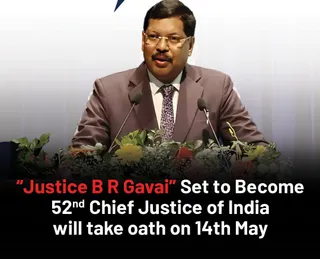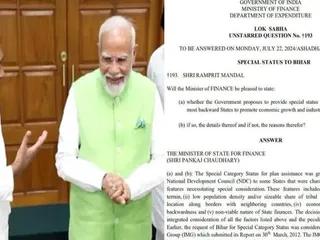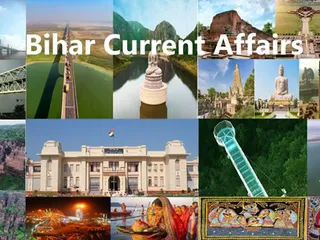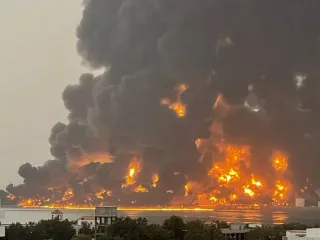The global landscape is undergoing a period of significant transformation, marked by shifts in power dynamics, evolving alliances, and the emergence of new challenges. Several key factors are reshaping the geopolitical order:
The Rise of Multipolarity:
The traditional bipolar world order, characterized by the dominance of the United States and the Soviet Union, has given way to a more multipolar system. The rise of China as a global economic and military power, alongside the assertive foreign policy of Russia, is fundamentally altering the balance of power. This shift necessitates a reassessment of traditional alliances and the development of new strategies for managing global affairs.
Technological Disruption:
Rapid advancements in artificial intelligence, cyber warfare, and biotechnology are creating new avenues for both cooperation and conflict. The potential for miscalculation and escalation in the cyber domain poses a significant challenge to international security. Meanwhile, the ethical implications of emerging technologies require careful consideration and international collaboration.
Climate Change as a Geopolitical Force:
Climate change is no longer just an environmental issue; it is a profound geopolitical challenge. Resource scarcity, mass migration, and increased frequency of extreme weather events are likely to exacerbate existing tensions and create new flashpoints of conflict. International cooperation is crucial for mitigating the impacts of climate change and adapting to its consequences.
Economic Transformations:
The global economy is undergoing a period of significant change, with the rise of new economic powers and shifts in global trade patterns. The increasing interdependence of national economies creates both opportunities and risks. Managing this interconnectedness effectively requires innovative approaches to economic governance and international cooperation.
Looking Ahead:
The future of the geopolitical landscape is uncertain. Navigating these new dimensions requires a nuanced understanding of the complex interplay of power, technology, economics, and environmental factors. Effective diplomacy, strategic partnerships, and a commitment to international cooperation will be essential for mitigating risks and shaping a more stable and prosperous world.
For further reading, consider resources from organizations like the Council on Foreign Relations and the Brookings Institution.






